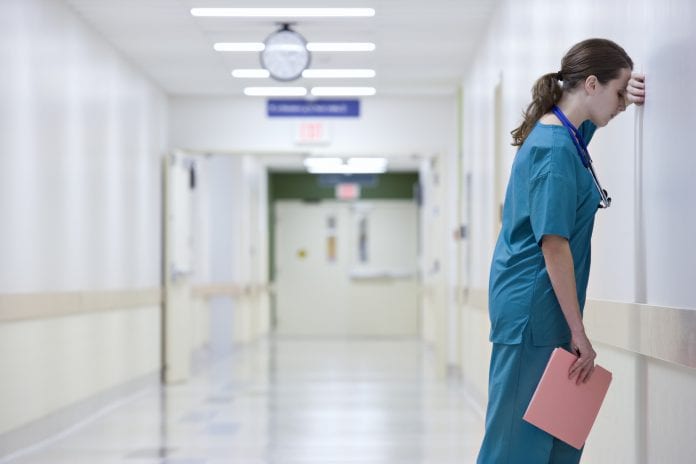
New report reveals the NHS could be short of 51,000 nurses, enough to staff 45 hospitals, by the end of the Brexit transition period.
The report conducted by the National Institute of Economic and Social Research (NIESR) not only covers the Brexit transition period and the Health and Social Care Workforce in the UK, but also highlights the increasingly vital role European Economic Area (EEA) nationals are playing in UK social care services.
What will happen after the Brexit transition period?
Commissioned by the Cavendish Coalition, which is a group of health and social care organisations united to provide the best care to communities, patients and residents, the NIESR report forecasts a potential shortfall of around 5,000 to 10,000 nurses in the NHS in England by 2021.
These figures are on top of existing vacancies, which stood at 41,722 (11.8% of all positions) at the end of June 2018, the latest period for which NHS Improvement figures are available.
Moreover, to put these figures into context, the small to medium-sized Royal Surrey County Hospital NHS Foundation Trust employed 1,141 nurses in June.
“These startling figures should be taken extremely seriously by those negotiating our departure from the EU.” Says Danny Mortimer, co-convenor of the coalition and chief executive of NHS Employers.
“The health and social care sector is deeply reliant on talented colleagues from across Europe and the rest of the world so it is deeply disheartening to see these projected workforce gaps at a time of rising demand for services.”
Significant issues
Although there is an expected provision for doctors and nurses coming to the UK after Brexit, if the government follows the guidance of this autumn’s Migration Advisory Committee report, which it has indicated it will, there could be significant issues for the social care workforce in particular. This sector relies on lower paid colleagues who would be effectively cut off by a salary threshold of £30,000 and with no special allowance like that recommended for seasonal agricultural workers.
The health and social care sector depend heavily on staff from the EEA and the rest of the world. Below is an indication of the professions from within the EEA, from just the UK:
- A little over 5% of the regulated nursing profession
- 16% of dentists
- 5% of allied health professionals
- Roughly 9% of doctors.
The Cavendish Coalition warns that the future immigration system must enable the health and social care system to continue to attract the brightest and best from the EU and the rest of the world if health and social care services are to be appropriately staffed after the Brexit transition period.
We need to put in measures to best cope with the Brexit transition period
“We know we need to do more ourselves to strengthen staff retention and reduce turnover,” concludes Mortimer “but we are also reliant on decision-makers to ensure the UK remains an attractive prospect for our valued and talented colleagues from the EU and rest of the world.
“The health and social care sector desperately wants to retain the EU nationals working in our services now and need the welcome process for registering for settled status to be honoured if no deal is agreed with the EU27.
“In parallel we need to ensure the development of the future immigration system is responsive and agile, with as little red tape as possible, and that it uses public service value as a key factor in assessing skill levels and setting entry requirements rather than just salary.”
Dr Heather Rolfe, Associate Research Director at NIESR, said: “Measures designed to increase recruitment from within the UK like ‘return to work’ schemes have potential to help fill gaps left by falling migration to the UK. However, they will take some time to take effect and are very unlikely to produce sufficient numbers to make up for a shrinking EU workforce.”
Nevertheless, current evidence is not promising.
In the 12 months since the referendum, before the UK has formally left, the number of EEA nurse joiners to the NHS in England fell by 17.6% while the number of leavers rose by 15.3%.

























